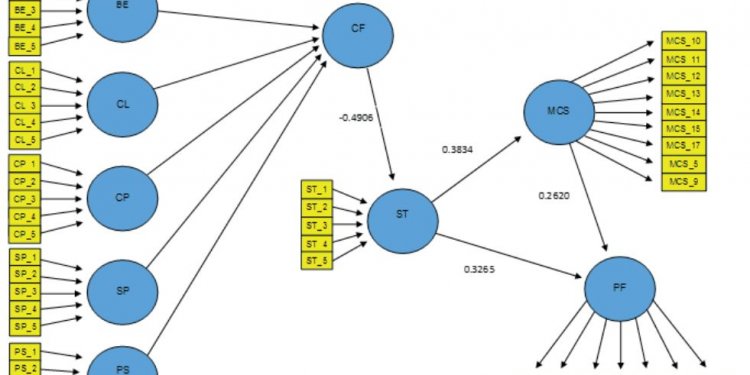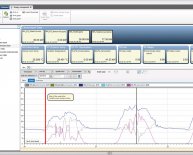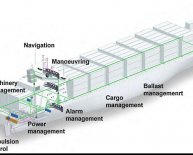
What is Management control systems?
 In the MCS literature, accounting control frameworks and the concept of the control package offer different views on the components comprising control systems but little guidance for assessing the completeness of the systems or the effectiveness of the control being delivered.
In the MCS literature, accounting control frameworks and the concept of the control package offer different views on the components comprising control systems but little guidance for assessing the completeness of the systems or the effectiveness of the control being delivered.
This paper draws on two cybernetic tools, namely the Viable System Model (VSM) and variety engineering (VE) to analyze the completeness and effectiveness of management control systems in a case company.
The components of the system are mapped on to the VSM and the completed model used to assess the completeness of the system. The VSM analysis reveals the MCS of the case company is complete and therefore control problems arising from incomplete structures are not anticipated or found. The VE analysis, guided by the VSM, systematically assesses the company’s approach to control by considering how the variety of the control system and the environment are amplified and attenuated, respectively. The analysis reveals the system is designed around processes that amplify branch managers’ ability to respond to highly uncertain external conditions. The MCS is judged to provide effective control, meaning it appropriately balances the variety of the system and the environment, enabling branches to consistently achieve their performance goals.
The VSM and VE together provide new tools to describe and analyze MCS and their fit with the external environment.
Keywords
- Viable systems model;
- Variety engineering;
- Law of requisite variety;
- Management control system

















